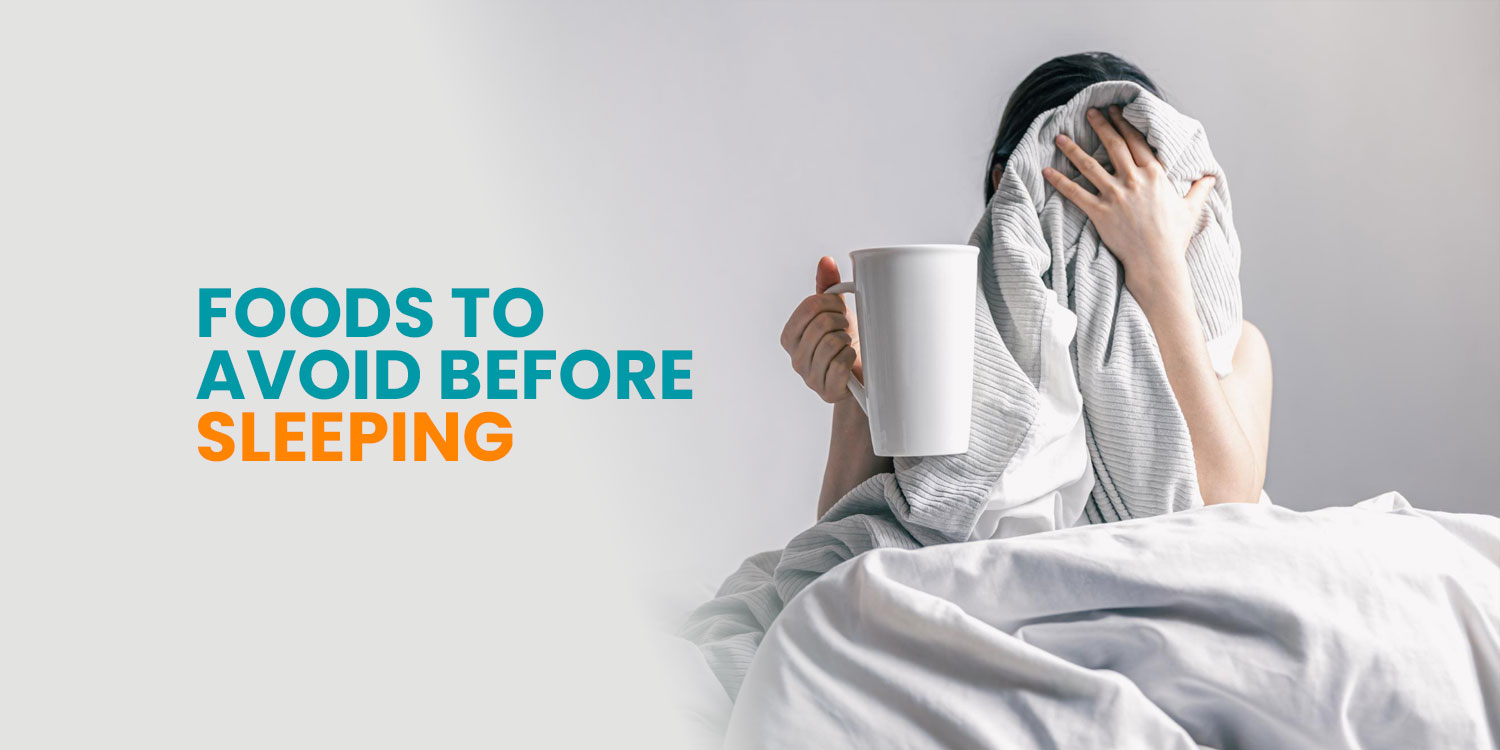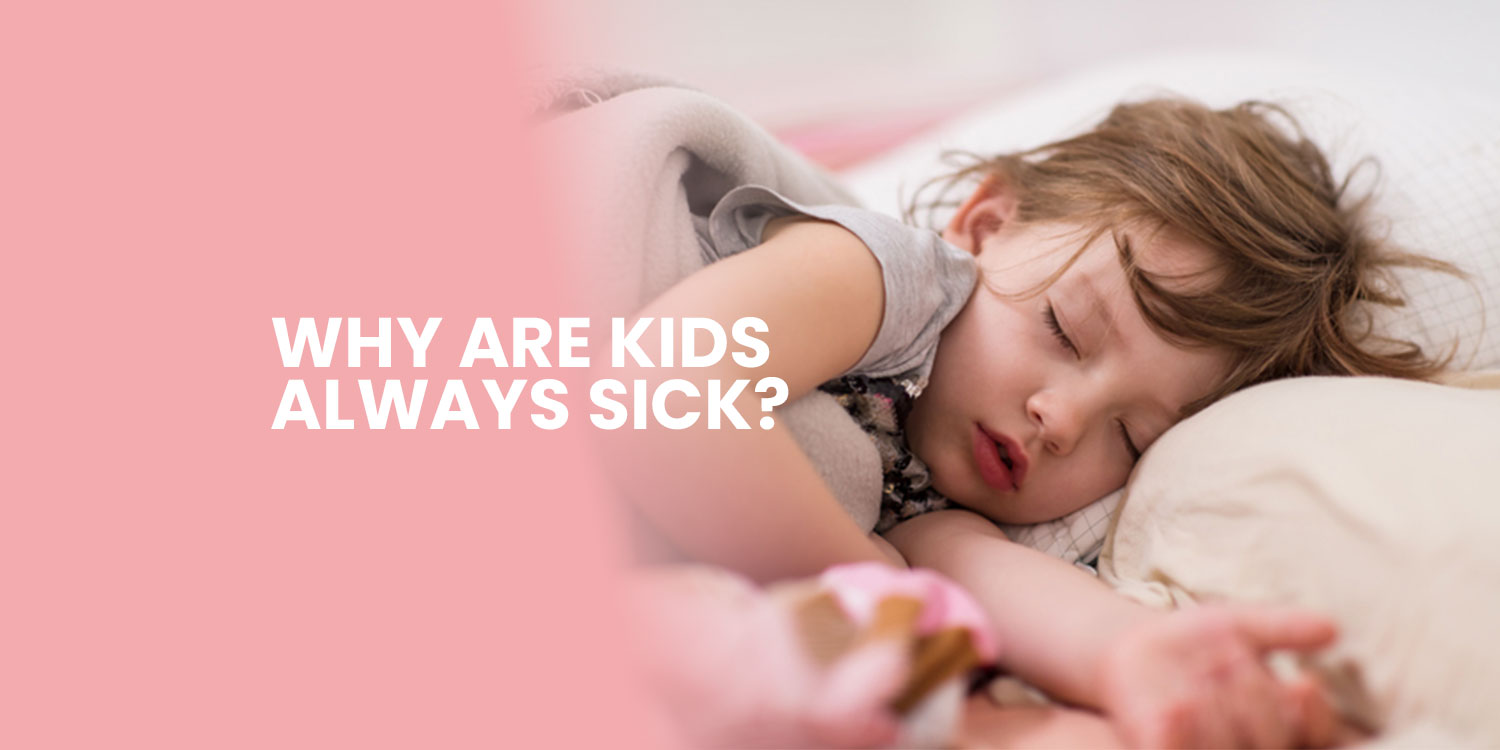Foods to Avoid Before Sleeping
Getting a good night’s sleep is essential for overall health and well-being. However, the foods and drinks you consume before bedtime can significantly impact your sleep quality. Some foods and beverages can interfere with sleep by disrupting sleep structure, stimulating the nervous system, causing digestive discomfort, or increasing nighttime awakenings. Here are some common culprits to avoid before bed:
1. Alcohol
Many people believe that alcohol helps with sleep because it induces drowsiness. While it may help you fall asleep faster, it negatively affects the structure of sleep. Alcohol reduces REM (Rapid Eye Movement) sleep, which is the most restorative sleep phase. This is why, despite sleeping for eight hours after consuming alcohol, you may still wake up feeling tired and groggy (Ebrahim et al., 2013)
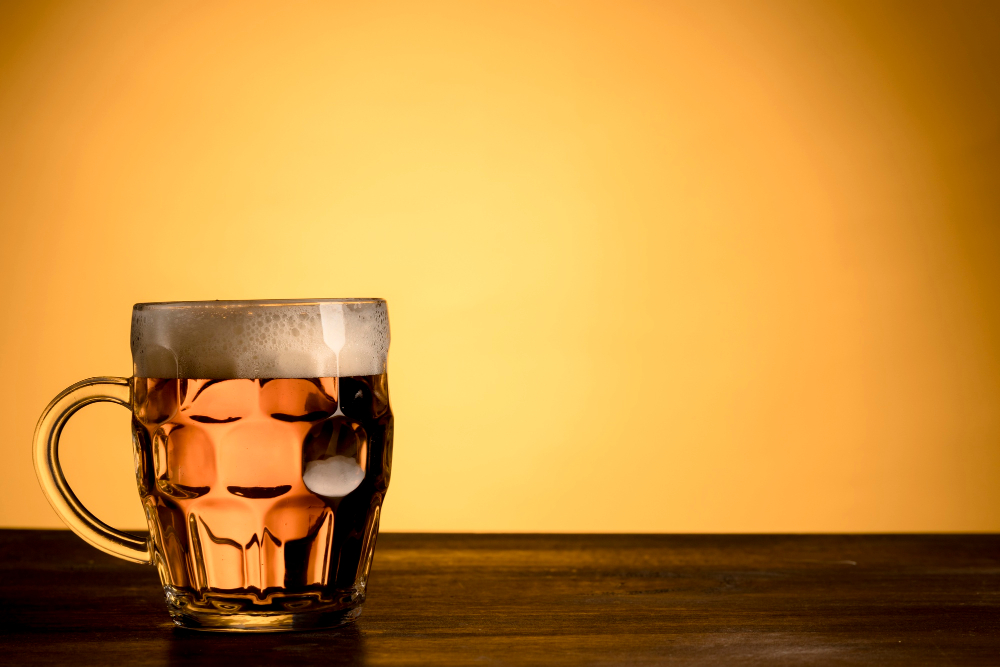
2. Caffeine
Caffeine is a well-known stimulant found in coffee, tea, energy drinks, chocolate, and certain medications. It can stay in your system for several hours, interfering with your ability to fall asleep. Studies suggest that consuming caffeine even six hours before bedtime can reduce total sleep duration by about an hour, and its effects can persist for up to eight hours (Drake et al., 2013). To ensure quality sleep, it is best to avoid caffeine consumption in the late afternoon and evening.
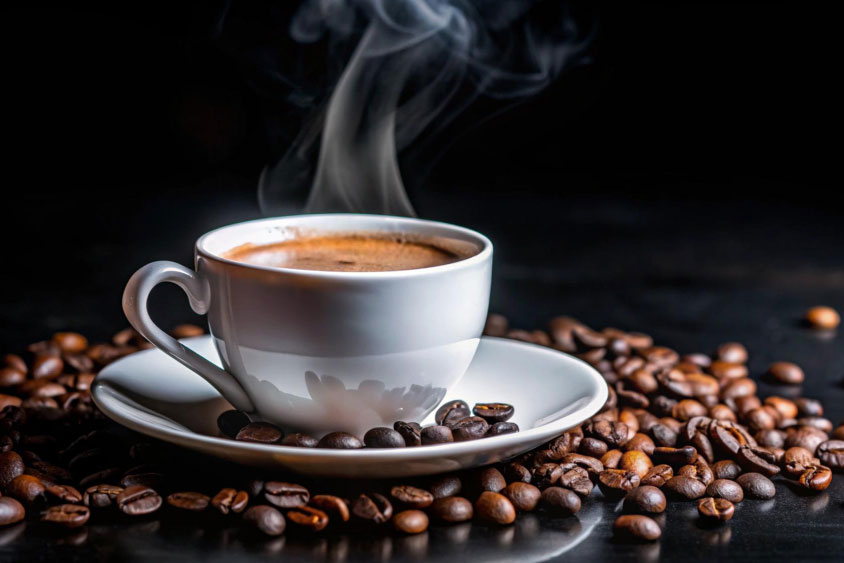
3. Spicy Foods
Spicy foods can cause heartburn and acid reflux, making it uncomfortable to lie down and fall asleep. Additionally, spicy meals can increase body temperature, which may interfere with the body’s natural cooling process required for sleep (Mahmoudi et al., 2022). Heavy, greasy foods should also be avoided, as they can lead to indigestion and disrupt sleep.

4. Water and Excessive Fluids
Staying hydrated is crucial for overall health, but consuming large amounts of water right before bed can lead to frequent trips to the bathroom during the night. Nocturia, or excessive nighttime urination, can disrupt sleep and prevent you from reaching deep sleep stages (Van Kerrebroeck et al., 2010). To minimize sleep disruptions, try to limit fluid intake one to two hours before bed.
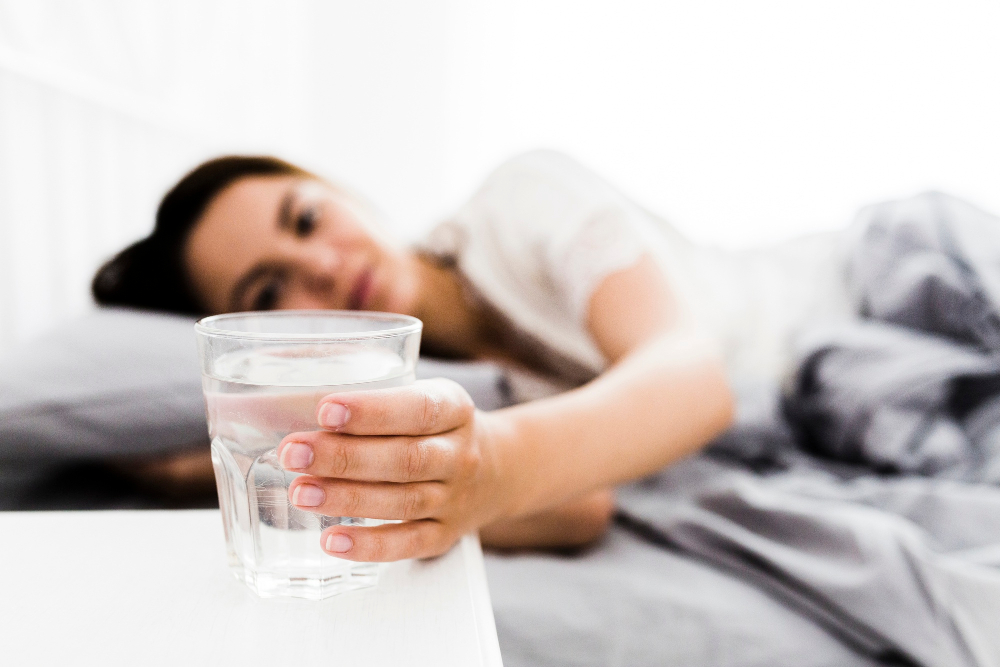
Conclusion
To improve sleep quality, it’s important to be mindful of what you eat and drink before bedtime. Avoiding alcohol, caffeine, spicy and greasy foods, and excessive fluids can help prevent sleep disturbances and promote a restful night. Making small adjustments to your evening eating habits can have a significant impact on your sleep and overall well-being.
References
- Drake, C., Roehrs, T., Shambroom, J., & Roth, T. (2013). Caffeine effects on sleep taken 0, 3, or 6 hours before going to bed. Journal of Clinical Sleep Medicine, 9(11), 1195-1200.
- Ebrahim, I. O., Shapiro, C. M., Williams, A. J., & Fenwick, P. B. (2013). Alcohol and sleep I: effects on normal sleep. Alcoholism: Clinical and Experimental Research, 37(4), 539-549.
- Mahmoudi, M., Taghavi, M., & Amini, M. (2022). The effect of spicy food consumption on sleep quality and thermoregulation. Journal of Sleep Research, 31(2), e13547.

